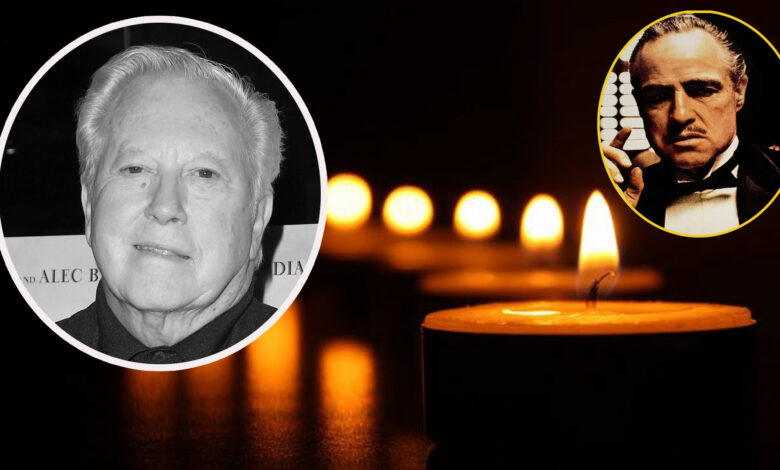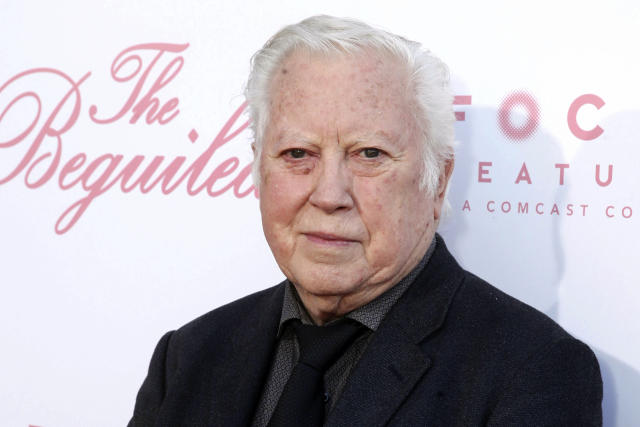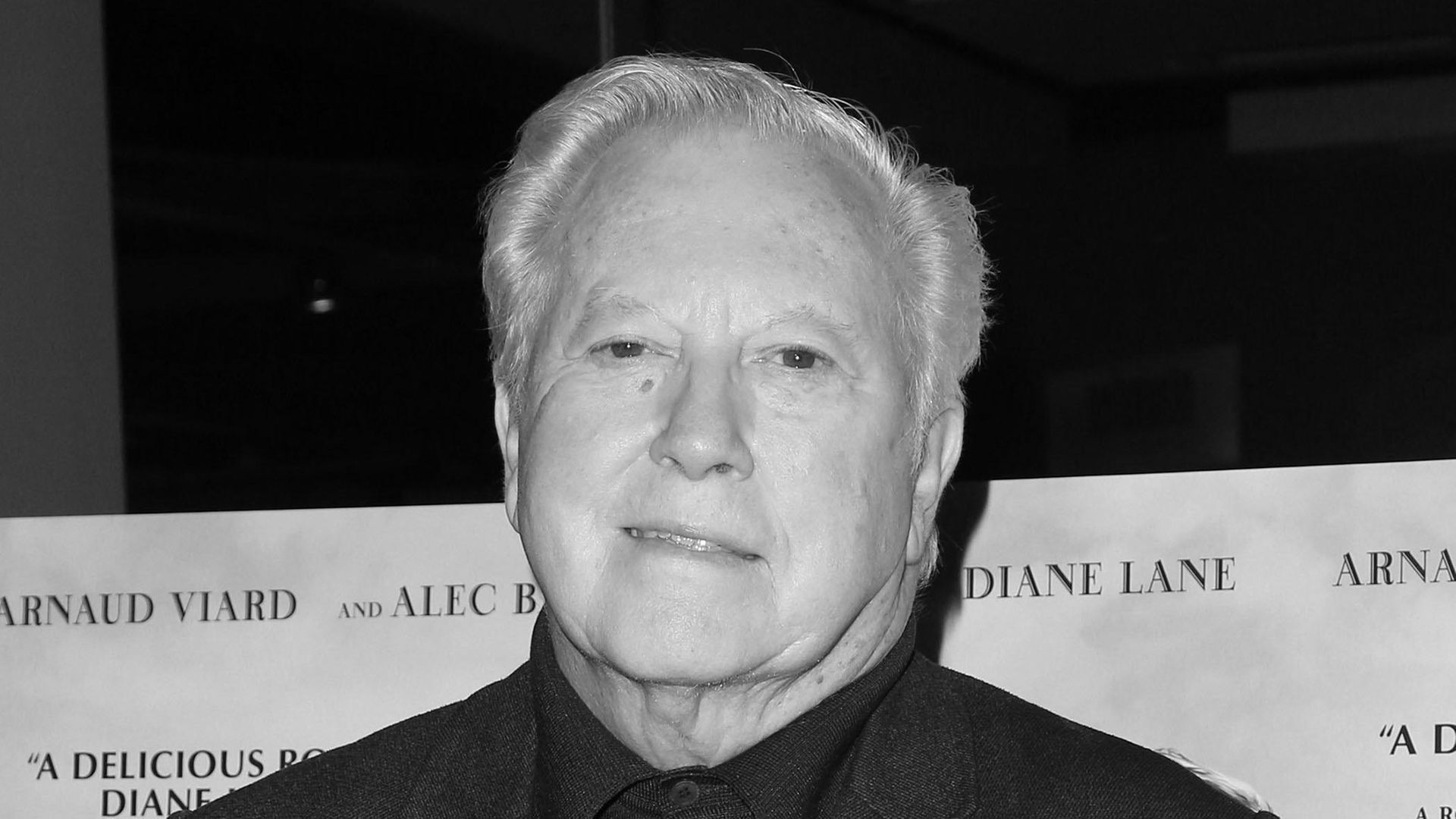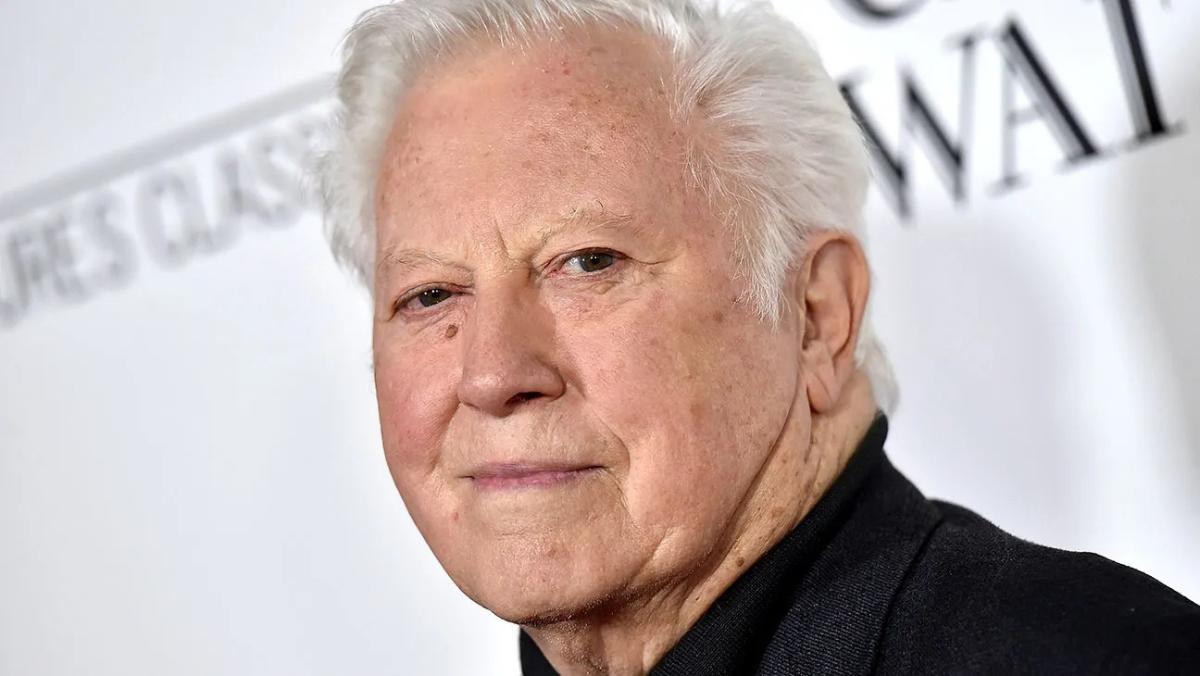Hollywood Legend Fred Roos, Producer of ‘The Godfather Part II,’ Dies at 89


Fred Roos, the Oscar-winning producer behind the iconic “The Godfather Part II” and a key figure in launching the careers of numerous Hollywood superstars, passed away at the age of 89. His death at his Beverly Hills home marks the end of a prolific era in filmmaking, punctuated by decades of collaboration with legendary director Francis Ford Coppola. Just days before his passing, Roos and Coppola’s latest project, “Megalopolis,” premiered at the Cannes Film Festival, exemplifying Roos’s lifelong dedication to cinema.
Roos’s partnership with Coppola spanned over 50 years, beginning with their work on “The Godfather.” Despite studio resistance, Roos was instrumental in casting Al Pacino and James Caan and introducing Coppola to John Cazale. This collaboration extended to producing some of Coppola’s most acclaimed films, including “The Conversation,” “Apocalypse Now,” and “The Godfather” Parts II and III. Coppola commemorated Roos on Instagram, highlighting his unparalleled casting instinct and lifelong friendship, emphasizing Roos’s profound impact on the film industry.

The influence of Fred Roos on Hollywood is legendary. Beyond the “Godfather” series, his contributions to “Star Wars” are particularly noteworthy. When George Lucas was developing “Star Wars,” he sought Roos’s expertise, resulting in Roos recommending Harrison Ford, Carrie Fisher, and James Earl Jones for pivotal roles. Roos also played a crucial role in assembling the casts for Lucas’s “American Graffiti” and “The Outsiders,” introducing audiences to future stars like Tom Cruise, Ford, Diane Lane, Richard Dreyfuss, Rob Lowe, Matt Dillon, and Patrick Swayze.
Roos’s knack for identifying talent was a hallmark of his career. Reflecting on his casting philosophy, Roos once remarked that he believed in the potential of actors he cast to become stars. This belief often required persistence, as illustrated by his determination to secure roles for Harrison Ford, despite initial rejections. Ford himself acknowledged Roos’s unwavering belief in him, crediting Roos for his eventual success as Han Solo.
The list of actors whose careers Roos helped launch reads like a who’s who of Hollywood: Diane Keaton, Laurence Fishburne, Emilio Estevez, Jennifer Connelly, and Alden Ehrenreich are just a few examples. Roos’s talent for spotting potential was described by him as an intangible feeling—a quality that set him apart and contributed to the unique success of the actors he championed.

Born in Santa Monica, California, on May 22, 1934, Fred Roos grew up in Riverside and Los Angeles. He attended Hollywood High School and later graduated from UCLA in 1956. Roos’s early fascination with film led him to a job in the mailroom at MCA, Inc., a talent agency where he performed odd jobs, including chauffeuring Marilyn Monroe. His career in casting began with television shows such as “The Andy Griffith Show” and “That Girl.”
Roos’s breakthrough in film casting came with Richard Lester’s “Petulia,” starring Julie Christie and George C. Scott, in 1968. The success of this film opened doors to work with esteemed directors like John Huston, Michelangelo Antonioni, Monte Hellman, and Bob Rafelson. His work on films such as “Fat City,” “Zabriskie Point,” “Two-Lane Blacktop,” and “Five Easy Pieces” cemented his reputation as a top-tier casting director and producer.
The collaboration between Roos and Coppola reached its zenith with “The Godfather Part II” and “The Conversation,” both receiving Best Picture nominations, with the former winning the Oscar. Roos’s contributions to Coppola’s films extended to “One from the Heart,” “Rumble Fish,” “The Cotton Club,” “Tucker: The Man and His Dream,” and “Tetro.” His collaboration with the Coppola family included producing Eleanor Coppola’s Emmy-winning documentary “Hearts of Darkness” and supporting her directorial efforts with “Paris Can Wait.”
Roos also played a significant role in the films of Coppola’s daughter, Sofia Coppola. He helped cast her critically acclaimed films “The Virgin Suicides” and “Lost in Translation,” and was instrumental in introducing actors like Kirsten Dunst, Josh Hartnett, Elle Fanning, and Cailee Spaeny to her projects. His ability to suggest well-known actors for roles, such as Colin Farrell in “The Beguiled,” showcased his continued relevance and influence in contemporary cinema.

Outside the Coppola family, Roos produced a variety of notable films. He oversaw Jack Nicholson’s directorial debut “Drive, He Said,” Carroll Ballard’s “The Black Stallion,” and Agnieszka Holland’s “The Secret Garden.” Roos’s involvement in bringing S.E. Hinton’s “The Outsiders” to Broadway further demonstrated his versatility and commitment to storytelling across different media. The stage adaptation of “The Outsiders” received 12 Tony nominations last month, underscoring Roos’s enduring legacy in the arts.
Fred Roos’s contributions to cinema were not just limited to his professional achievements but also extended to his personal life. He is survived by his son, Alexander “Sandy” Roos, who was also his producing partner, and his wife, Nancy Drew. His son reflected on Roos’s unwavering dedication to the film industry, stating that Roos was determined never to retire and to remain active in the film business until the end. His wish was fulfilled, leaving behind a legacy that will be remembered by future generations of filmmakers and audiences alike.
In summary, Fred Roos’s career is a testament to his extraordinary ability to identify and nurture talent, his unwavering commitment to filmmaking, and his significant contributions to some of the most influential films in cinematic history. His collaboration with Francis Ford Coppola resulted in timeless classics, while his casting choices helped shape the careers of many of Hollywood’s most beloved actors. As the film industry mourns his passing, Fred Roos’s legacy will continue to inspire and influence for years to come.





